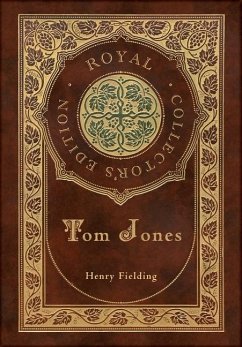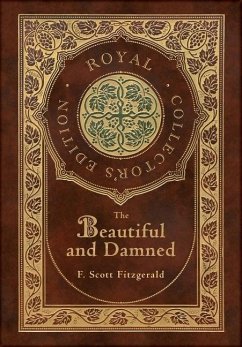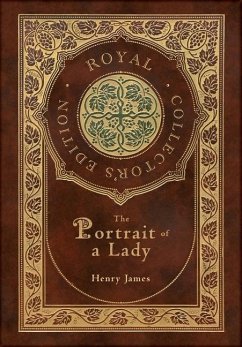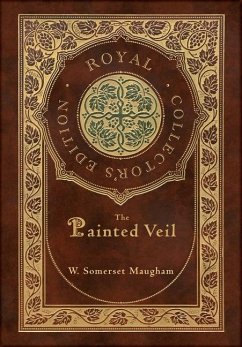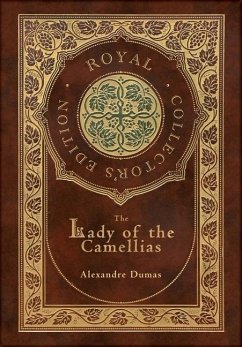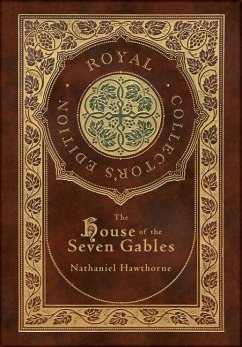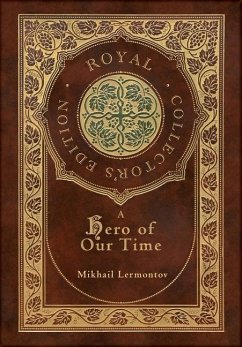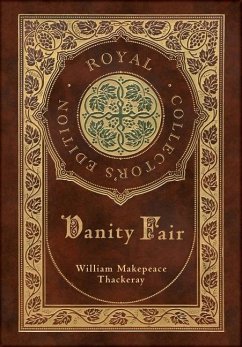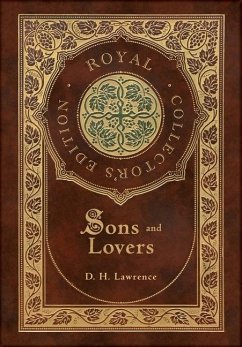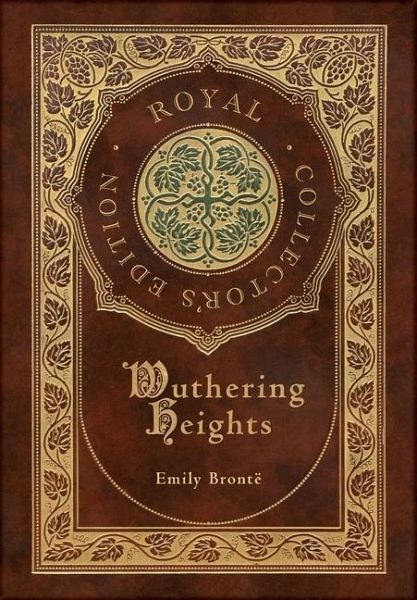
Emily Brontë
Gebundenes Buch
Wuthering Heights (Royal Collector's Edition) (Case Laminate Hardcover with Jacket)
Versandkostenfrei!
Versandfertig in über 4 Wochen

PAYBACK Punkte
19 °P sammeln!




Wuthering Heights is Emily Brontë's only novel. When released, the novel was considered controversial because it challenged strict Victorian ideals of the day, including religious hypocrisy, morality, social classes and gender inequality.
Emily Jane Brontë (30 July 1818 - 19 December 1848) was an English novelist and poet who is best known for her only novel, Wuthering Heights, now considered a classic of English literature. Emily was the third-eldest of the four surviving Brontë siblings, between the youngest Anne and her brother Branwell. She published under the pen name Ellis Bell. Wuthering Heights's violence and passion led the Victorian public and many early reviewers to think that it had been written by a man.According to Juliet Gardiner, "the vivid sexual passion and power of its language and imagery impressed, bewildered and appalled reviewers." Literary critic Thomas Joudrey further contextualizes this reaction: "Expecting in the wake of Charlotte Brontë's Jane Eyre to be swept up in an earnest Bildungsroman, they were instead shocked and confounded by a tale of unchecked primal passions, replete with savage cruelty and outright barbarism." Even though the novel received mixed reviews when it first came out, and was often condemned for its portrayal of amoral passion, the book subsequently became an English literary classic. Emily Brontë never knew the extent of fame she achieved with her only novel, as she died a year after its publication, aged 30. Although a letter from her publisher indicates that Emily had begun to write a second novel, the manuscript has never been found. Perhaps Emily or a member of her family eventually destroyed the manuscript, if it existed, when she was prevented by illness from completing it. It has also been suggested that, though less likely, the letter could have been intended for Anne Brontë, who was already writing The Tenant of Wildfell Hall, her second novel.
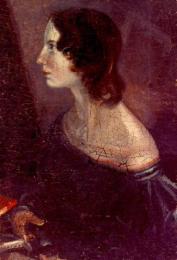
Produktdetails
- Verlag: Engage Books
- Seitenzahl: 272
- Erscheinungstermin: 26. Januar 2021
- Englisch
- Abmessung: 234mm x 159mm x 27mm
- Gewicht: 546g
- ISBN-13: 9781774761540
- ISBN-10: 1774761548
- Artikelnr.: 64372881
Herstellerkennzeichnung
Libri GmbH
Europaallee 1
36244 Bad Hersfeld
gpsr@libri.de
Für dieses Produkt wurde noch keine Bewertung abgegeben. Wir würden uns sehr freuen, wenn du die erste Bewertung schreibst!
Eine Bewertung schreiben
Eine Bewertung schreiben
Andere Kunden interessierten sich für


